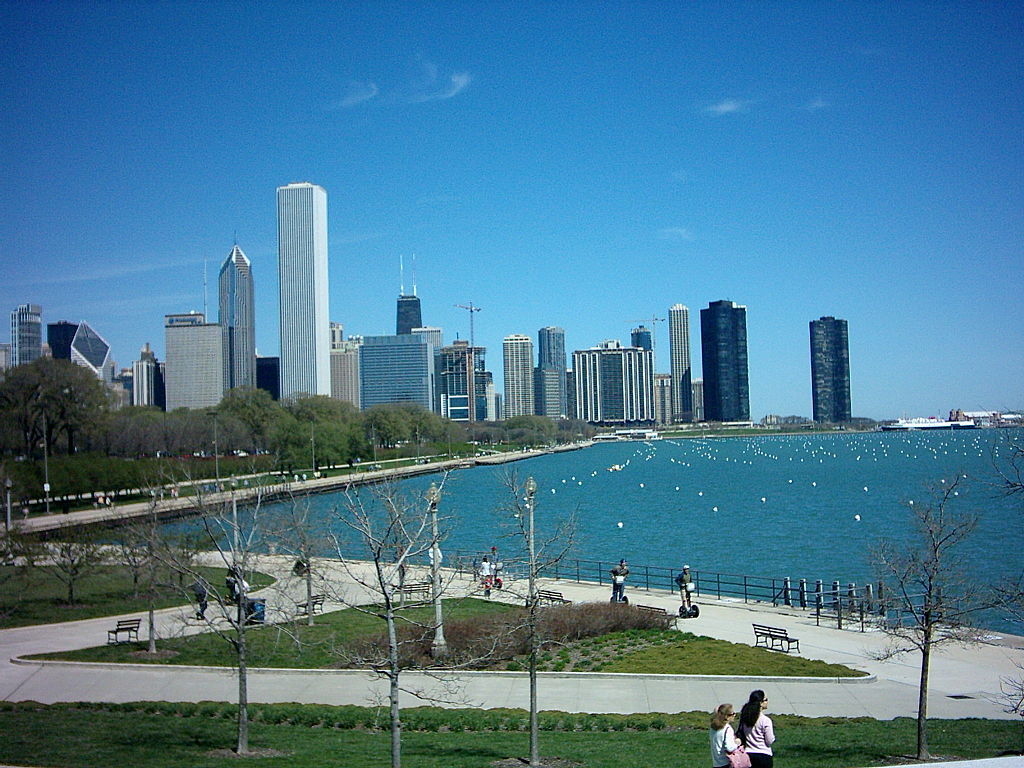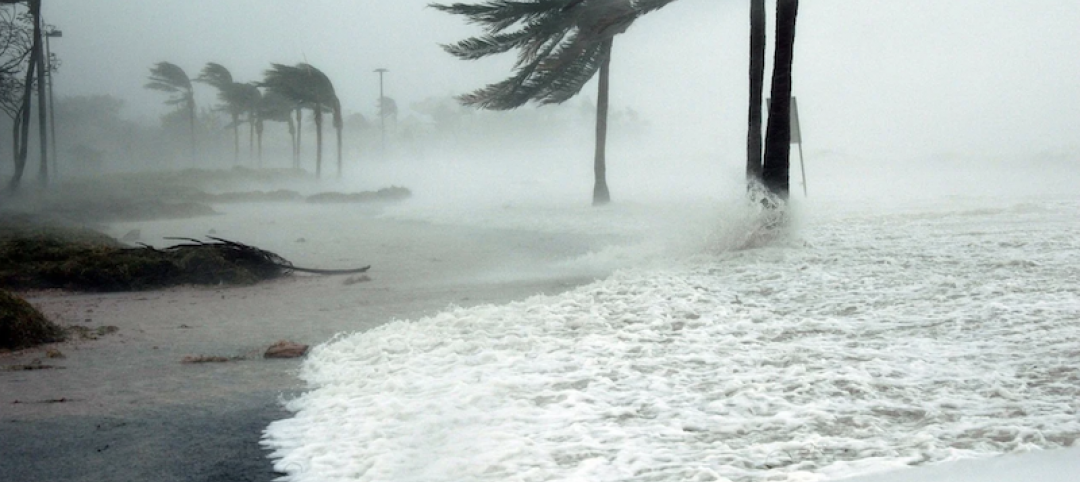The International Organization for Standardization (ISO) has created the first standards to compare services of the world’s cities. The standards provide a way to evaluate a city’s performance based on verified measures on many topics including education, public safety, water, and sanitation. Metrics include those related to air quality, green space, poverty, and health of the population.
ISO wants to encourage higher levels of city service delivery by making the data open and transparent. The data could improve cities’ credit and bond ratings, supporters say, and high-performing cities would be able to argue more forcefully for higher national government assistance and tax sharing. The system could make it tougher for politicians to hide inefficiencies in city policies and administration.
ISO standards makers may also develop measures focused on risk and resilience. Indicators under consideration include the presence of early warning systems focused on threats such as stormwater surges and tornados, or seismic preparedness. The standards are expected to make it easier for cities to compare themselves to others with similar population and characteristics.
Related Stories
Codes and Standards | Mar 5, 2021
Biden builds on Trump’s “Buy American” order
New administration extends preferences for domestic construction materials.
Codes and Standards | Mar 4, 2021
Biden administration overturns Trump’s federal building design mandate
Previous order promoted classical and “traditional” architecture above others.
Codes and Standards | Mar 3, 2021
Texas freeze raises questions about risks of electrifying buildings
Gas stoves helped residents cook, boil water when power went out.
Codes and Standards | Mar 2, 2021
New Seattle building code eliminates fossil fuels for most space and water heating
Also increases on-site solar photovoltaics, reduces envelope heat loss, air leakage, and interior lighting power allowances.
Codes and Standards | Feb 25, 2021
It’s not just lumber—roofing material prices are also on the rise
Lower demand for petroleum products means less asphalt production.
Codes and Standards | Feb 23, 2021
USGBC offers education on LEED Safety First pilot credits
Four courses address COVID-19.
Codes and Standards | Feb 23, 2021
ASHRAE Epidemic Task Force releases updated Building Readiness Guide
Includes flush calculations to reduce time and energy to clear contaminants between occupancy periods.
Codes and Standards | Feb 22, 2021
Preservation of Affordable Housing develops climate resilience strategy
Includes backup power for resident and staff “area of refuge”.
Codes and Standards | Feb 18, 2021
Construction industry moves toward comprehensive U.S. BIM standard
NIBS hosts roundtable to create coordinated program to advance collaboration.
Codes and Standards | Feb 17, 2021
Construction on international sports venues is ripe for corruption
Poor planning, complex contracting, a lack of accountability and high levels of collusion to blame.

















